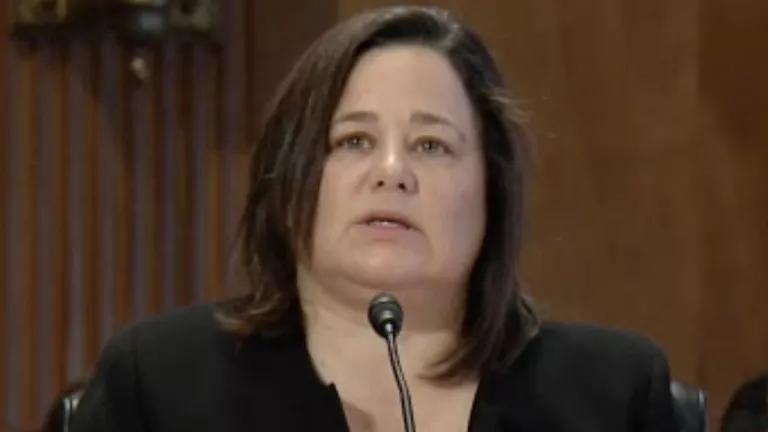EPA Backs Industry, Defending Carcinogenic Herbicide Glyphosate

But the toxic chemical, more commonly known as Roundup, was just found by the administration’s own science advisors to threaten public health.
The U.S. Environmental Protection Agency issued a new statement defending the safety of the world’s most widely used herbicide, glyphosate, despite substantial evidence linking the chemical to cancer and other diseases. “The EPA’s pesticide office is out on a limb here—with Monsanto and Bayer and virtually nobody else,” says Jennifer Sass, a senior scientist at NRDC.
Just weeks ago, the administration’s own officials at the U.S. Department of Health and Human Service’s Agency for Toxic Substances and Disease Registry released a toxicology report for glyphosate, which confirms that exposure to the toxic herbicide is harmful to human health. “Health agencies and credible non-industry experts who’ve reviewed this question have all found a link between glyphosate and cancer,” Sass says.
The herbicide—which lingers on crops, makes its way into water supplies, and threatens the health of farmworkers—has also been linked to non–cancer related damage to the immune system, kidney, liver, reproductive system, and early development.
The chemical-manufacturing giant Bayer (formerly known as Monsanto) sells about 300 million pounds of the herbicide annually in the United States by its brand name Roundup, primarily to agricultural farms. The company, which also sells genetically modified, Roundup-resistant seeds, has worked to influence the EPA’s regulations against the chemical, according to documents made public during court proceedings.
“The EPA should take the advice of its own science advisors who have rejected the agency’s no-cancer-risk classification,” Sass says.


